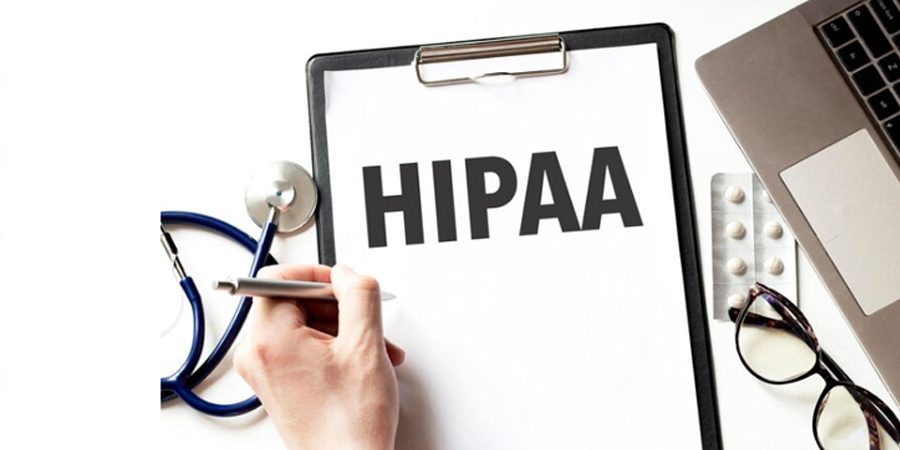Protecting Patient Privacy with HIPAA-Compliant Scheduling Platform
In the current healthcare environment, the impact of missed appointments on annual revenue is substantial. To address this issue, healthcare providers are increasingly adopting intelligent patient scheduling software to streamline appointment processes.
However, with the growing reliance on digital solutions, safeguarding patient information becomes a critical concern. This is where HIPAA-compliant patient access solutions play a pivotal role. In this blog post, we will explore the essential aspects of HIPAA compliance and vital considerations when selecting software vendors for data privacy and security.
Understanding HIPAA Compliance
HIPAA, enacted in 1996, aims to establish standards for the privacy and security of Protected Health Information (PHI). Its primary objective is to protect patients’ sensitive data while enabling secure information exchange among healthcare providers. HIPAA compliance encompasses all aspects of healthcare operations, including patient scheduling, intake, and telehealth technology systems.
Key Factors in Selecting HIPAA-Compliant Patient Scheduling Software
Data breaches pose significant challenges to the healthcare industry, leading to substantial financial and operational losses. Healthcare data breaches are among the most costly, and they have increased over the past few years. Selecting the right HIPAA-compliant patient access software is paramount to ensuring the security and privacy of medical information. Here are crucial factors to consider:
Data Protection Measures: A vital component of HIPAA adherence, data encryption entails converting sensitive information into an unintelligible format that necessitates an encryption key for deciphering. When choosing patient access software, verify its use of strong encryption protocols for both stored and transmitted data to thwart unauthorized access and protect patient information from breaches.
Data Backup and Restoration: In healthcare, the repercussions of data loss can be dire. Hence, it’s imperative for patient access software to establish routine data backup procedures, safeguarding patient information against hardware malfunctions or cyber breaches. Furthermore, a dependable data recovery system is vital to promptly restoring operations following any data loss incidents.
Access Management: HIPAA mandates stringent access controls to regulate who can view or manipulate patient data. Patient access software should offer role-based access controls, allowing administrators to assign varying levels of access to different users. This ensures that only authorized personnel can access sensitive patient information, minimizing the risk of data breaches caused by human error or malicious intent.

Activity Logs: HIPAA requires strict access controls to govern the individuals who can access or manage patient data. Patient access software needs to provide role-based access controls, enabling administrators to allocate different levels of access to users. This guarantees that only authorized personnel can retrieve sensitive patient information, thereby reducing the possibility of data breaches due to human error or malicious actions.
Secured Communication: Secure communication in healthcare is imperative to safeguard patient privacy. Patient access software compliant with HIPAA standards should incorporate secure messaging functionalities, enabling communication regarding appointments and patient data without compromising data security.
Ongoing Risk Evaluations: HIPAA compliance requires regular risk assessments to identify vulnerabilities and address potential threats. Your software provider should conduct these assessments regularly to proactively identify and mitigate security risks that could compromise patient data.
Staff Education: Human mistakes play a major role in data breaches, highlighting the critical need for thorough staff training on HIPAA regulations and the appropriate utilization of patient access software. Make sure your software provider provides training materials to instruct employees on software functionalities and security procedures.
Dedicated Cloud Infrastructure: Cloud-based architecture provides heightened security and privacy compared to multi-tenant environments by furnishing a dedicated environment for each client. This framework facilitates improved compliance with industry regulations such as HIPAA, ensuring a meticulously controlled and auditable environment to meet regulatory standards effectively.
Final Thoughts
Ensuring HIPAA compliance is vital for healthcare providers to maintain patient trust and data integrity. With the right scheduling software and strong security measures, providers can improve efficiency while safeguarding privacy and meeting regulations. Balancing usability and security fosters widespread adoption and empowers patients. Discover strategies for choosing and implementing HIPAA-compliant patient access software with DrCare247.


